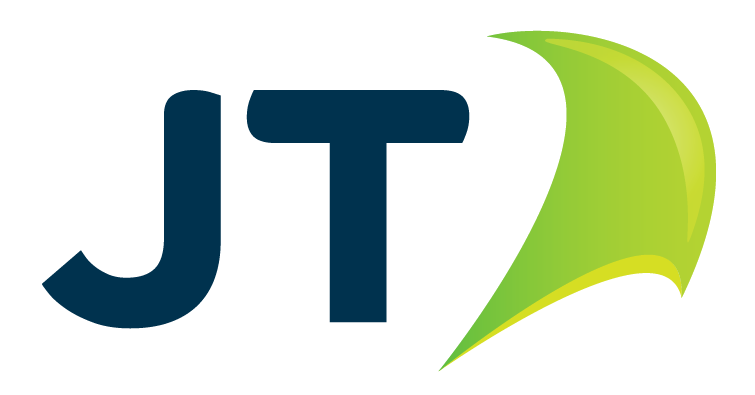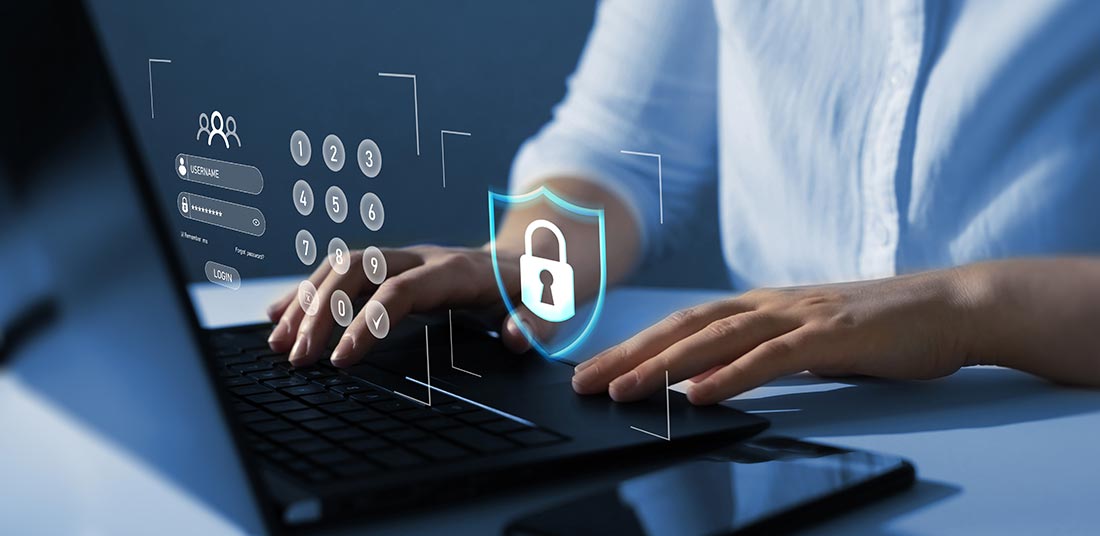 |
Author: Conor Smith Account Manager, JT Enterprise |
In the digital age, our personal data is often stored and shared online, making it vulnerable to cyberattacks and data breaches. Hackers steal sensitive information such as passwords, credit card details, and social security numbers, and can use these to steal your identity or for other malicious purposes.
This is why it’s essential to regularly check if your data has been breached or if it is available for purchase online, as it could mean that anyone may have access to it.
What is a data breach?
Data breaches often occur when an individual or organisation's data is accessed, viewed, or stolen by unauthorised parties through hacking, phishing, or malware attacks. This can often be as a result of human error.
Over the past few years, there have been numerous examples of high-profile data breaches that impacted millions of people worldwide, as their names, birth dates, social security numbers and credit card details were disclosed. The consequences can be severe. For individuals it can lead to identity theft, financial fraud and reputational damage. For businesses, data breaches can result in steep legal and regulatory fines, loss of revenue, and damage to customer trust and loyalty.
Protect Yourself from Internet Data Breaches
To protect yourself, regularly checking for breached data on the internet is essential. This involves searching for your email address, username, or other personal information on publicly available databases of known breached data. For businesses, it’s more complex - and requires constant monitoring for specific keywords and IP addresses. Hacker Forums should also be monitored for mentions as this is typically a good indication that they are about to be attacked.
There are several tools available to help check for breached data on the internet. One of the most popular is 'Have I Been Pwned', a free online service that allows users to search for their email address or username in a database of known breaches. The service provides information on which breaches have affected the user and what data was compromised.
If you discover that personal information has been compromised, here are some initial steps should you take to minimise the impact;
- change passwords
- monitor bank and credit card statements
- report the breach to the relevant authorities
In addition, there are several best practices that you should also follow to protect your personal information. These include;
- using strong and unique passwords for every account
- enabling two-factor authentication
- being cautious when clicking links or downloading attachments from unknown sources
Safeguard Personal Information with Digital Risk Protection
Organisations also have a responsibility to protect the personal information of their customers and employees. This includes implementing robust security measures, such as encryption and access controls, and constant monitoring of systems for potential breaches. In the event of a breach, organisations must inform affected individuals and take steps to mitigate the harm caused.
What is Digital risk protection (DRP)?
Digital risk protection (DRP) is a service that monitors the Clear, Deep and Dark Web for historic and newly breached data. It uses a combination of tools designed to monitor your data across the web and defend your digital assets, focussing on detecting, preventing, and responding to cyber threats by monitoring for:
- data leaks
- account takeovers
- fraud campaigns

Identify, control and protect security risks to your business with JT's full suite of cyber threat advisory and managed cybersecurity services
At JT, we are no longer simply providers of communication services; we are also expert Managed Service Providers offering effective cybersecurity solutions for businesses large and small. Our fully managed Digital Risk Protection service constantly monitors for breached data to help protect your brand, secure your infrastructure, keep your employees and data safe and secure your digital supply chain.
With the increasing amount of personal data stored and shared online, individuals and organisations need to be vigilant and need to take steps to protect their personal information and business data. By following best practices and using available tools and resources, individuals can reduce their risk of falling victim to a data breach and minimise the harm caused by such an event.
Book a meeting with our team of experts to discuss your requirements today.

